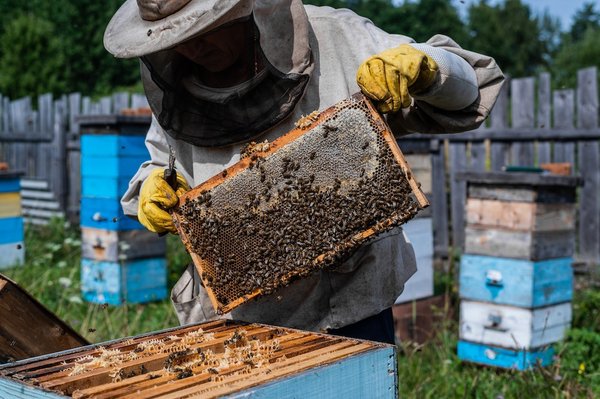Discover Content Tailored to Your Interests
Browse through our diverse categories and find exactly what you're looking for
Automotive
Cars, vehicles and driving
Business
Business and economy
Cooking
Recipes and culinary arts
Finance & real estate
Finance, investment and property
Health
Health, wellness and wellbeing
Home & living
Home, decor and lifestyle
News
Latest news and current events
Pets
Pets, animals and companions
Sports
Sports, fitness and competition
Technology
Tech, gadgets and innovation
Woman / fashion
Fashion, beauty and lifestyle
Latest articles
Our recent publications


Automotive
Can You Upgrade the Infotainment System in a Honda Pilot for Better Connectivity and Features?

Automotive
Discover the excitement of anime mystery boxes and their secrets

Automotive
How to Choose the Right Suspension Bushings for a Silent Ride in a Lexus LS?

Automotive
What's the Best Way to Install a Performance Exhaust on a Fiat 124 Spider for a Sporty Sound?

Business
Harnessing carbon accounting software for sustainable solutions

Business
How Can UK Boutique Fashion Brands Leverage Pop Culture for Promotion?

Business
How Can UK Businesses Use Augmented Reality for Product Prototyping?

Business
Resources and advice for success in a career in consultancy

Business
Skyrocket your success with a premier seo agency in new york

Business
Unlocking sustainability: the power of carbon accounting software

Business
What Are the Privacy Concerns When Implementing Biometric Authentication in UK Workplaces?

Cooking
Can you craft a perfect Spiced Mulled Wine with Cinnamon and Star Anise?

Cooking
How to create a Mouthwatering Gourmet Veal Saltimbocca with Prosciutto and Sage?

Cooking
What's the secret to a Velvety Vichyssoise with Leek and Potato?

Finance & real estate
How to Use Drone Technology for Real Estate Inspections and Surveys?

Finance & real estate
What Are the Best Practices for Converting Commercial Spaces into Pop-Up Retail Hubs?

Finance & real estate
What Are the Prospects for Tiny House Developments in the UK's Rural and Suburban Areas?

Finance & real estate
What to expect from a meribel mottaret flat rental

Health
How Does the Practice of Zazen Meditation Affect the Management of Chronic Stress?

Health
What Are the Best Practices for Implementing Beekeeping Projects in Urban Neighborhoods?

Health
What Is the Impact of Intergenerational Gardening Programs on Childhood Nutrition Education?

Home & living
How to Develop a Landscape Design That Conserves Water in a Dry Climate?

Home & living
What Are the Latest Innovations in Eco-Friendly Roofing Materials?

Home & living
What's the Best Approach for Creating a Home Sound Studio in a Converted Loft?

News
Discover exciting treasures through free mystery box promotions!

News
Exploring the fascinating allure of the democrat mystery box

News
How a Climate Change Speaker Can Change Your Mindset

News
How Are Drones Being Used for Wildlife Monitoring and Conservation in the UK?

News
Unlocking surprises: the allure of anime mystery boxes
Questions fréquentes
Is Acnav free to use?
Yes! Acnav is completely free to access. We believe quality information should be available to everyone. You can browse all our articles, subscribe to our newsletter, and enjoy the full experience without any subscription fees.
How often is new content published?
We publish fresh content daily across all our categories. On average, you'll find 10-15 new articles every week covering automotive, business, cooking, finance, health, home living, news, pets, sports, technology, and fashion topics.
Can I contribute articles to Acnav?
We're always looking for passionate writers and industry experts to join our contributor network. If you have expertise in any of our categories and would like to share your knowledge, please reach out through our contact page with your writing samples and area of interest.
How do you ensure content quality?
Every article published on Acnav goes through a rigorous editorial review process. Our team of editors works with subject matter experts to ensure accuracy, relevance, and practical value. We prioritize well-researched, fact-checked content that our readers can trust and apply in their daily lives.
